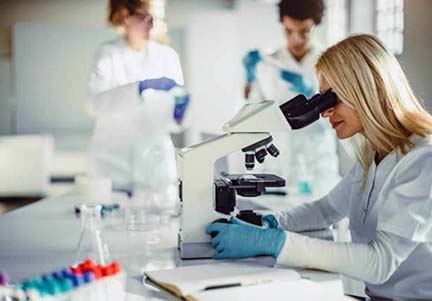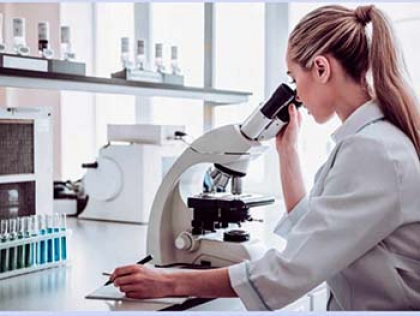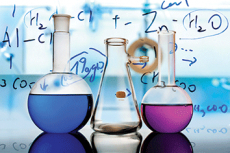Pursuing a Master's Degree in Microbiology
By Gaby Yazigi
Editor-in-Chief
Globe University Guidance founder and GM
Pursuing a Master's Degree in Microbiology: A Pathway to Exciting Career Opportunities
Microbiology, the study of microscopic organisms such as bacteria, viruses, fungi, and parasites, is a rapidly advancing field that plays a crucial role in various industries, from healthcare to agriculture, and even environmental science. As our understanding of these microorganisms continues to deepen, so does the need for skilled microbiologists equipped with advanced knowledge and expertise. Pursuing a Master's degree in Microbiology can provide aspiring scientists with the opportunity to expand their understanding of this fascinating field and unlock a wide range of exciting career prospects.
A Master's degree in Microbiology is a two-year program that offers students the chance to delve deeper into the diverse aspects of microbiology. This course typically covers core subjects such as microbial genetics, immunology, virology, microbial ecology, molecular biology, and bioinformatics. Additionally, students have the flexibility to opt for specialized areas of study, such as medical microbiology, environmental microbiology, or industrial microbiology, based on their interests and career aspirations.

Job prospects for those with a Master's degree in Microbiology are abundant. Let's explore some of the exciting career opportunities that await these graduates:
- Microbiologist
As a microbiologist, you will conduct research and experiments to identify and understand microorganisms, their characteristics, and interactions with their environment. This role often involves isolating and culturing microorganisms, analyzing samples for the presence of pathogens, developing new antimicrobial drugs, or improving existing diagnostic techniques.
- Industrial Microbiologist
In this role, you will work in various industries, including pharmaceuticals, food and beverage, and biotechnology, to develop and improve products and manufacturing processes. Industrial microbiologists play a crucial role in ensuring the quality, safety, and efficiency of these processes by monitoring and controlling microbial growth and contamination.
- Medical Microbiologist
If you have an interest in infectious diseases, a career as a medical microbiologist might be suitable for you. As a medical microbiologist, you will conduct laboratory tests to diagnose and track infectious diseases, analyze patient samples for pathogens, and provide guidance on appropriate treatments. This role often requires close collaboration with healthcare professionals to manage outbreaks and conduct research on emerging diseases.
- Environmental Microbiologist
With concerns about environmental pollution and climate change growing, environmental microbiologists are increasingly in demand. These professionals study microorganisms' roles in environmental processes, such as bioremediation (using microorganisms to remove pollutants), waste management, and conservation efforts. They also investigate the impacts of human activities on microbial communities and ecosystems.
- Research Scientist
A Master's degree in Microbiology is an excellent stepping stone for those interested in pursuing further academic or research-oriented careers. Research scientists design and conduct experiments, contribute to scientific literature through publications, and seek out grants to fund their projects. They explore innovative strategies to tackle microbiological challenges and contribute to scientific advancements in their chosen field.

While these are just a few examples, a Master's degree in Microbiology opens doors to numerous career opportunities in academia, research institutes, government agencies, biotechnology companies, pharmaceutical firms, and public health organizations.
To excel in this field, aspiring microbiologists need a strong foundation in biology, chemistry, and mathematics. Additionally, they should possess critical thinking skills, attention to detail, excellent analytical abilities, and effective communication skills to collaborate with peers and present research findings effectively.
Pursuing a Master's degree in Microbiology not only equips students with the necessary knowledge and skills but also provides hands-on laboratory experience and exposure to state-of-the-art techniques and technologies. The dynamic nature of this field ensures that there will always be new challenges and discoveries to fuel the passion of microbiologists.

In conclusion, those interested in microbiology will find a Master's degree in the subject to be an excellent choice, as it offers a wide array of career opportunities in various industries and research sectors. The world of microorganisms continues to hold countless secrets, and it is the microbiologists who will unlock them, contributing to essential advancements in medicine, industry, and the environment. So, if you are fascinated by the hidden world of microbes, embarking on a Master's degree in Microbiology could be your gateway to a fulfilling and impactful career.






















